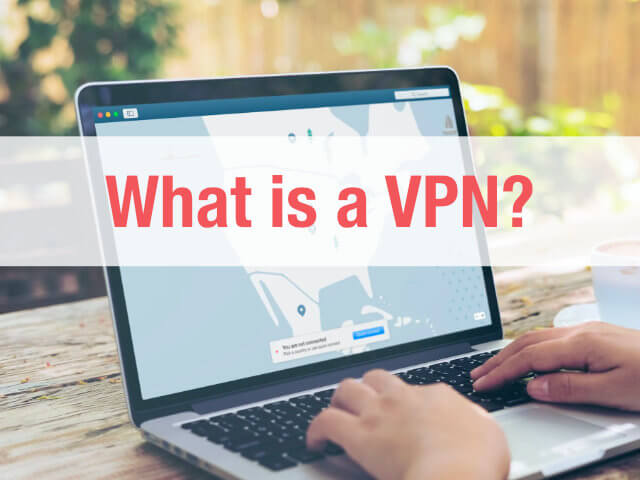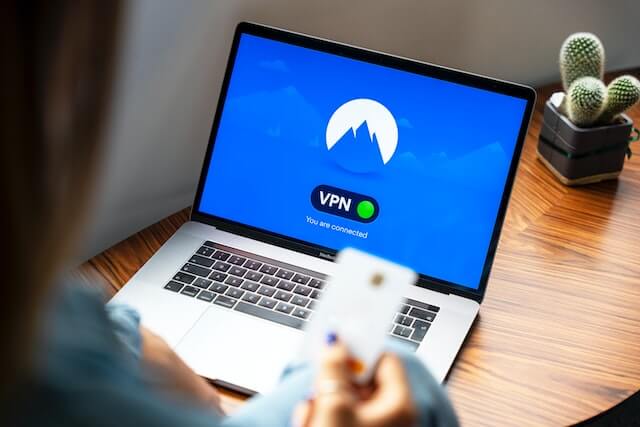What is a VPN?
A VPN, or "virtual private network", is basically your online bodyguard.

It keeps your internet connection and personal information safe by creating a secret tunnel for your data.
It also hides your IP address, so you can surf the web anonymously, and lets you use public Wi-Fi without worry.
How Does a VPN Protect You?
Instead of your internet traffic going directly from your device to the web, a VPN reroutes it through a secure, remote server run by the VPN provider. This simple rerouting provides two critical benefits:

1. It Encrypts Your Data
The VPN creates a secure "tunnel" where all your internet data is scrambled using powerful encryption. This process makes your online activity unreadable to anyone who might be watching, including your ISP.
This is crucial for protecting sensitive information like passwords and financial details, and it prevents your ISP from monitoring or selling your browsing history.
2. It Hides Your IP Address and Location
By routing your traffic through its server, the VPN replaces your personal IP address with its own. Websites and online services will see the VPN server's IP address and location, not yours.
This allows you to browse with enhanced anonymity and can even help you access content that is restricted to certain geographic regions.
Best VPN deals
While many VPNs exist, we've selected three industry-leading providers known for their speed, strong security features, and strict no-logs policies.
- NordVPN (Check best offer)
- ExpressVPN (Unlock super deal)
- SurfShark (Lowest price!)
How a VPN Works: The Technical Side
For those curious about the technology, here's what happens behind the scenes when you connect to a VPN:
- Authentication: When you connect, the VPN app securely authenticates your device with the VPN server.
- Tunneling: The VPN then creates a secure, encrypted "tunnel" over the public internet. This tunnel isolates your data from other traffic.
- Encryption: All data sent through this tunnel is wrapped in strong encryption. This is the core of the VPN's protection, making your data unreadable.
- Decryption: Only when your data safely reaches the VPN server is it decrypted and sent on to its final destination on the internet.
Setting Up a VPN
Getting started with a VPN is straightforward. You have a few options to choose from:
Use VPN Apps
Most providers offer easy-to-use apps for all your devices, whether it's a Mac, Android tablet, or Windows laptop. The apps are very user-friendly and handle the complicated setup processes for you.
Configure it Manually
If you're more tech-savvy, you can also configure your VPN manually. This approach requires more technical knowledge and time, but allows for greater customization. Your VPN provider will have step-by-step tutorials in their support center.
Install it on Your Router
For complete protection, you can install a VPN directly on your home router. Once configured, every device connected to your Wi-Fi will be automatically protected by the VPN. This can be challenging for beginners, but it provides seamless security for your entire network.
Understanding your ISP is the first step to securing your privacy. You can check your current provider with our What Is My ISP tool or learn more in our detailed guide about how ISPs work.